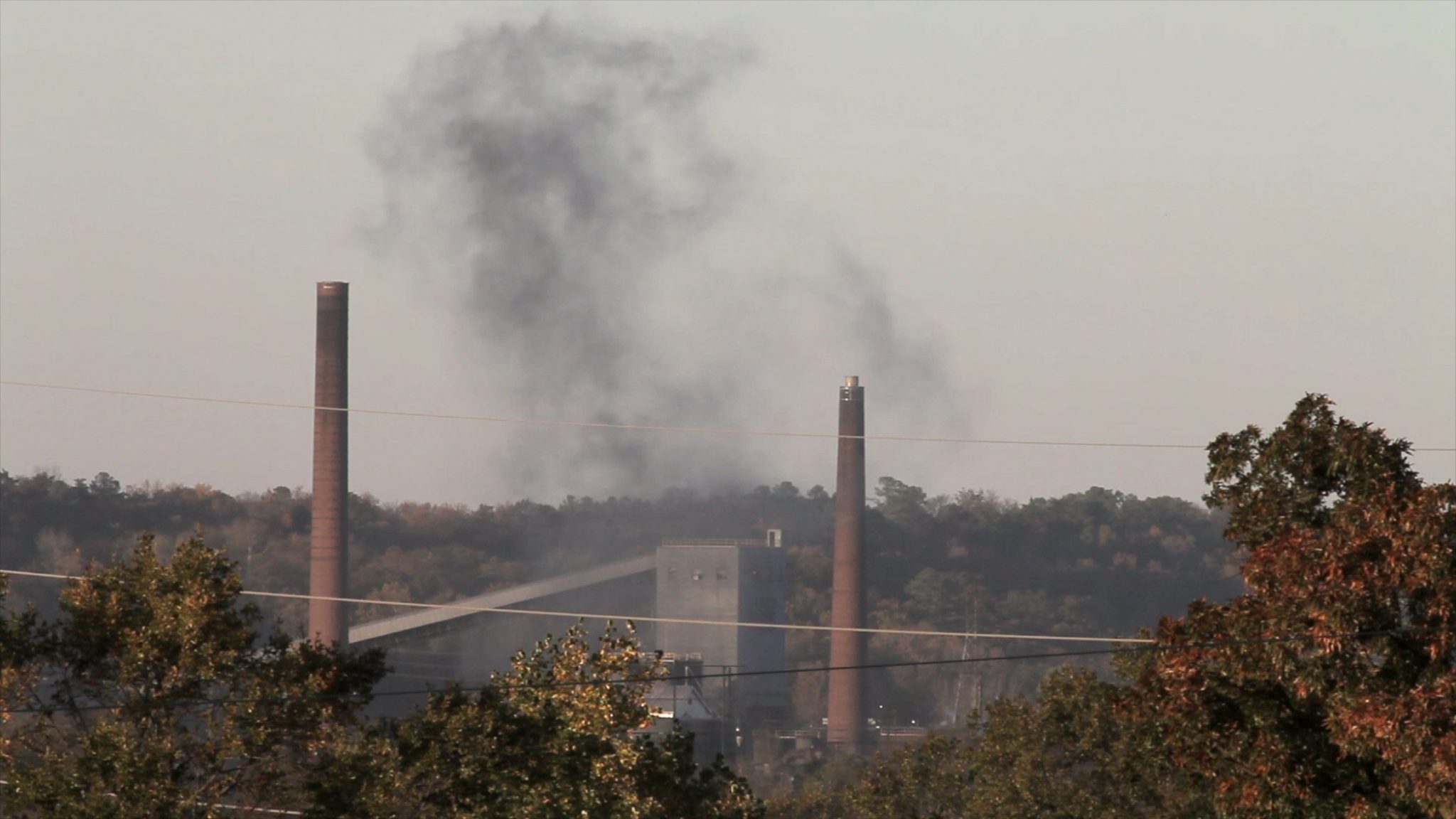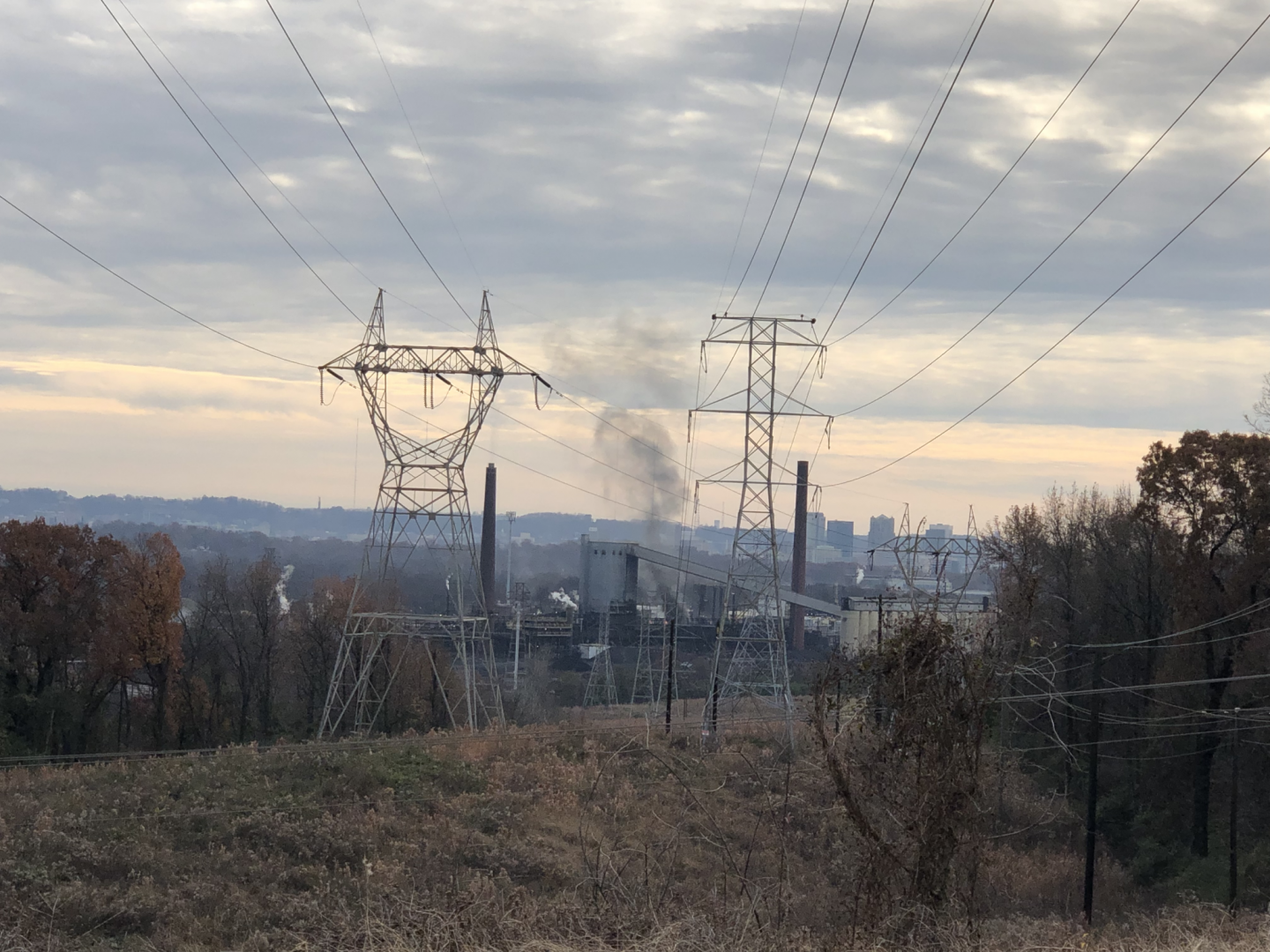I believe that the health of each and every one of us is harmed by air pollution. I base this belief on studies that show there is no safe level of pollutants and that adverse health effects are occurring at levels much lower than previously thought. It is hard, given the many factors that play a role in triggering a particular disease, to tease apart the role played by exposure to air pollutants. However, carefully designed investigations that control for variables such as smoking and that involve large numbers of participants have been able to do just that.
The World Health Organization estimates that in 2016 almost 70,000 deaths in the US could be attributed to ambient air pollution. And yet, not everyone exposed to air pollution will get sick and have a premature death. Exposure to air pollutants may make our respiratory tract constrict and our eyes burn without ever causing us to come down with a specific disease. Why is it that one person exposed to air pollution will have a heart attack or die from pneumonia, while another person with the same exposure won’t? The elderly, children, and those with pre-existing disease have been shown to be more at risk than healthy young adults. Not surprisingly, our genes are also very important.
A literature review by Benjamin Trumble and Caleb Finch in 2019 described how particular genes selected for in the course of human evolution may be key in determining an individual’s susceptibility to the ill effects of pollutants. One such gene variation (allele) is the ApoE4 gene. ApoE genes code for ApoE proteins, which play a role in cholesterol and triglyceride (fat) transport and immune function. The three ApoE alleles are ApoE2, ApoE3, and ApoE4, the most common of which is the ApoE3 allele.
The ApoE4 allele has been associated with an increased risk of Alzheimer’s Disease and increased dementia risk from air pollutants. In the course of human evolutionary history, this allele conveyed a survival advantage, but in our present industrialized world, it is maladaptive.
I don’t know if I have the ApoE4 gene or not. I don’t know if I have any of the other gene variants that Trumble and Finch discuss that increase the health risk from air pollution. I do know that children living in highly polluted, often low-income and minority neighborhoods, are suffering from life-threatening asthma because of the dirty air they breathe.
I know that older individuals are experiencing heart attacks, worsening of emphysema, and the onset of dementia due to the dirty air they breathe. And I know that individuals are dying from lung cancer and bladder cancer because of the dirty air they breathe. I do belong to one of the groups more at risk from pollutants; I am in the 65 or older age group.
I don’t want my health harmed, and I don’t want anyone else’s health harmed, because a company doesn’t want to spend the money to protect our environment. For this reason, I am a proud supporter of the work that GASP is doing to clean up our air and hope you are as well.
Reference: Trumble BC, Finch CE. (2019). The exposome in human evolution from dust to diesel. The Quarterly Review of Biology. 94(4) 333-394.



